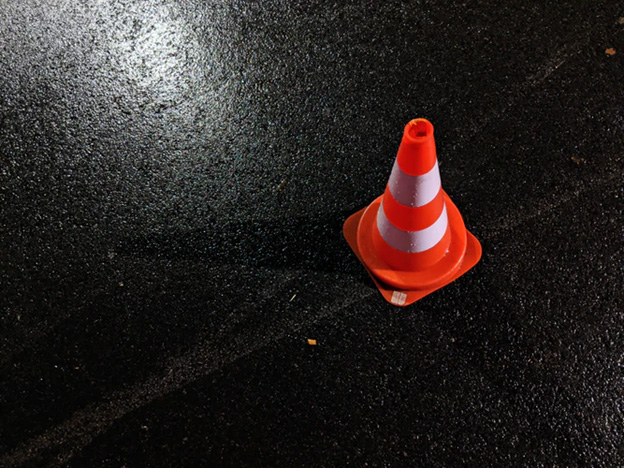Our Blog
How Do I Know If I Need A Negligence Attorney?


You can pursue a negligence claim up to two years after you were harmed by a person or entity, even if the damage done was unintentional. But what’s considered negligence? And how does one prove it? Discover what the common types of negligence are and whether you’ll need to file a claim with a negligence attorney in Denver.
Common Types of Negligence
Specific negligence claims help determine who is at fault in a personal injury accident. Common negligence claims include contributory and comparative negligence.
Contributory Negligence
Contributory negligence acts under the ideas that each person has a duty to act “reasonably” and avoid injury. Even if another party was involved in the case, the plaintiff must prove that they did everything possible to avoid injury. For example, if you’re crossing the street during a no-walk signal and are struck by a moving vehicle, you may still be considered negligent or part-negligent since you weren’t following pedestrian crossing laws.
In these cases of contributory negligence, you may not be able to recover all or some damages based on your role in the injury. It is essential to have a negligence lawyer on your side to help determine and prove your case of negligence against the other party in these cases.
Comparative Negligence
Contributory negligence has often been seen as a tough approach, so the comparative negligence approach offers an often fairer outcome to the claim. With comparative negligence, damage is determined by weighing each party’s negligence for injuries incurred. There are three main approaches when it comes to comparative negligence claims:
- Pure Comparative Negligence totals the plaintiff’s damages and reduces them based on their involvement in the injury. So, if it was determined that the plaintiff was 25% responsible for injuries incurred, the overall payout would equal 25% less than the initially determined amount.
- Modified Comparative Negligence, the more common approach, states that the plaintiff cannot collect any amount if they are determined more than 50% at fault for the injury.
- Slight-Gross Comparative Negligence only awards the plaintiff damages if the defendant’s negligence is considered “gross” and the plaintiff’s considered “slight.”
Four Factors to Prove Negligence
If you’re injured in an accident in Denver and believe that the other party was negligent, you can file a negligence claim against them. However, you must be able to prove that the other party showed unreasonable risk and harm in the situation. In order for the negligent party to pay out damages, and for your claim to prevail, you’ll need to prove:
- The other party acted unreasonably with recklessness or intoxication, thereby breaching their duty.
- The breach of duty from the other party was the direct cause of your injuries.
- The other party owed reasonable care towards your safety in the situation.
- You suffered an actual injury and can claim damages.
Seeking a Negligence Attorney in Denver
Proving negligence from another party isn’t always easy. There are many steps you’ll need to complete in order to prove the other party’s negligence towards you in order to claim damages. Seeking out a negligence attorney can help you complete these steps and return the damages to you that you deserve.



